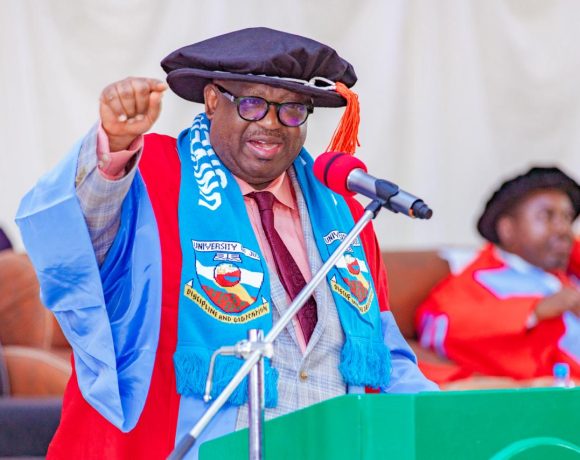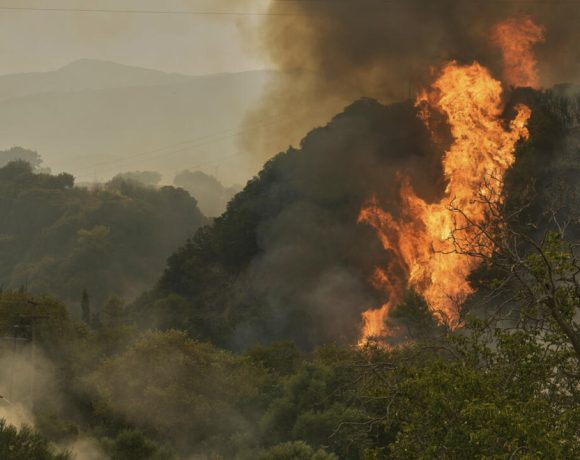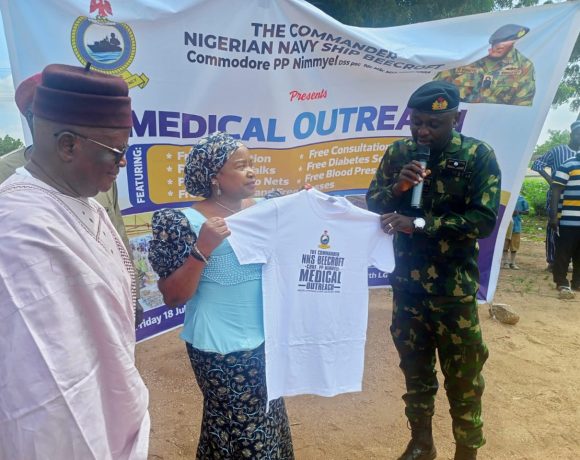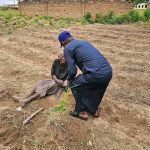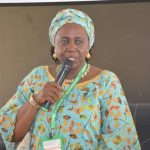The Role of the Gulf States in Africa’s Development Over the Next Decade

Isreal
Opinion by Samuel Shay, Entrepreneur and Senior Economic Advisor to the Abraham Accords Treaty.
In recent years, Africa has become a strategic focus for the Gulf states not as a source of raw materials or labor, but as a genuine partner for long-term growth. Driven by the Abraham Accords and the emergence of the IMEC (India, Middle East, Europe Corridor) initiative, Gulf nations are moving from passive investment to active collaboration. The next decade will likely mark a decisive shift: from fragmented aid to structured, purpose-driven development partnerships.
A New Strategic Vision: Partnership, Not Patronage
For decades, Africa has depended on aid programs that often-created dependency rather than growth. The Gulf states are now introducing a different model one rooted in mutual benefit, capacity building, and shared prosperity. The goal is clear: help African countries achieve economic, technological, and industrial independence by providing funding, infrastructure, and education, while maintaining cultural and regional alignment.
Saudi Arabia, the UAE, and Qatar have begun positioning themselves as central players in Africa’s new economic map. Their sovereign funds are investing in renewable energy, logistics, agriculture, digital infrastructure, and education systems. These are not random ventures but elements of a long-term geopolitical strategy: connecting the Gulf’s technological and financial power with Africa’s human and natural potential.
Key Areas of Focus
- Energy and Infrastructure:
The Gulf states are leading a shift toward renewable energy and smart grids across Africa. Projects in solar energy, hydrogen, and desalination plants are already underway, particularly in East and North Africa. These investments aim not only to generate electricity but also to build local capacity training engineers, technicians, and entrepreneurs to sustain the systems independently. - Agriculture and Food Security:
Africa holds 60% of the world’s uncultivated arable land, while the Gulf faces growing food security challenges. This natural complementarity is now the foundation of large-scale agro-industrial partnerships. Gulf-backed vertical farms, irrigation networks, and Agrotech programs are being developed to ensure mutual benefits: food security for the Gulf, and modern agricultural infrastructure for Africa. - Education and Human Capital Development:
Perhaps the most transformative effort of all is the Gulf states’ investment in education. Their approach is not limited to building schools or universities it aims to reshape values and civic culture. The objective is to prepare the next generation of Africans to think differently about governance, trust, accountability, and entrepreneurship.
These programs emphasize breaking the cycle of corruption, cultivating integrity, and empowering youth to take leadership roles in their communities. In collaboration with regional and global partners, Gulf states are promoting educational reform that focuses on technology, financial literacy, and good governance. - Healthcare and Social Infrastructure:
The COVID-19 pandemic exposed the fragility of Africa’s health systems. Gulf nations have since increased investment in hospitals, pharmaceutical production, and digital healthcare platforms. The strategy is to decentralize health services and enable access through mobile and telemedicine technologies, especially in rural areas. - Technology and Industrialization:
Through joint ventures and free-trade zones, the Gulf aims to help Africa establish light manufacturing hubs that process local raw materials domestically. This approach encourages value addition before export a critical step toward economic sovereignty. The introduction of Gulf-backed industrial parks and smart logistics hubs is turning cities like Mombasa, Lagos, and Dakar into future centers of innovation and trade.
Reform Within Africa: A Two-Way Street
While Gulf states can provide funding, technology, and expertise, Africa must undergo its own transformation. Sustainable development requires a deep change in governance culture transparency, professionalism, and the elimination of systemic corruption. The success of Gulf-African partnerships depends on trust, legal stability, and consistent execution.
African leaders must therefore focus on strengthening institutions, enforcing contracts, and reforming public education to produce professionals capable of managing modern industries. Without this internal reform, external investment will not yield its full potential.
Building a Shared Future
The Gulf states are not approaching Africa with the mindset of aid donors; they are approaching as equals, as co-architects of a new economic order linking the Middle East, Africa, and South Asia. Their goal aligns with Africa’s own aspiration to become an independent, innovative, and prosperous continent.
The coming decade could see a renaissance in Afro-Gulf relations, built on shared energy projects, trade routes, and educational initiatives that bridge cultures and economies. If both sides sustain their commitment to integrity, transparency, and human development, the partnership could redefine not only Africa’s future but also the balance of global economic power.
Conclusion: The Decade of Partnership and Empowerment
The next ten years will determine whether Africa remains a continent of potential or becomes a continent of achievement. The Gulf states have chosen to stand at Africa’s side as mentors, investors, and partners. Their investments in education, energy, health, and governance are not just acts of generosity; they are investments in stability and shared prosperity.
Africa’s independence will not come through isolation but through intelligent integration and the Gulf states are now among its most strategic allies in shaping that destiny.


